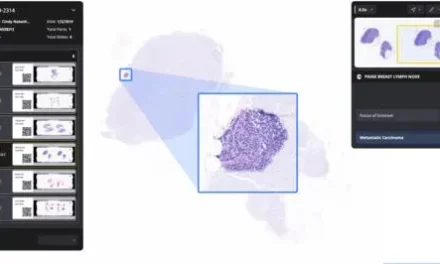Prelude Corporation published a study that validated the clinical utility of its DCISionRT test with its Residual Risk Subtype (RRT) to predict recurrence risk and radiation therapy benefit in patients under fifty years old and/or high-grade ductal carcinoma in situ (DCIS).
The DCIS test therapy study followed compelling results in 926 women diagnosed with DCIS. The new information was presented in an oral presentation at the recent American Society of Breast Surgeons (ASBrS) Annual Meeting.
The results demonstrated that many patients who were either high-grade and/or young (younger than 50 years) had significant residual risk after standard breast conserving surgery and radiation therapy. DCISionRT identified women with a low 5% 10-year risk of recurrence with or without radiation therapy: overall and within either high-grade or young patients. Furthermore, the test predicted which patients had a superior benefit from radiation therapy.
“Historically, we have relied heavily on high nuclear grade and age to make treatment decisions in DCIS patients. We now understand that traditional clinicopathologic features alone are ineffective and potentially lead to over-or under-treatment of DCIS,” says Pat Whitworth, MD, FACS, Principal Investigator and Breast Surgical Oncologist Director, Nashville Breast Center; Managing Partner TME. “The DCISionRT test is an important risk assessment tool to determine which patients can safely omit RT, which patients will benefit greatly from RT, and which patients may need more aggressive treatment than standard.”
Dan Forche, president and CEO of PreludeDx, added: “We are excited to share this powerful data further demonstrating the applicability of DCISionRT to guide treatment decision for all DCIS patients. This data augments our previously published validations on 1,485 women, which includes a large randomized clinical trial, providing physicians and patients the confidence to make a personalized treatment decision.”





